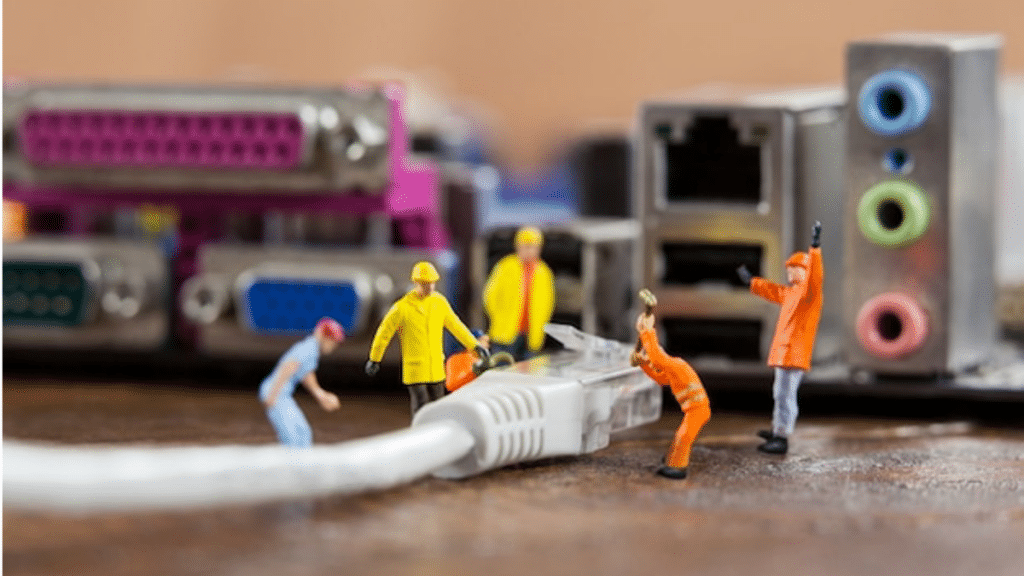Online financial options, for all their convenience and simplicity, can also pose a security risk. That’s because the Internet is not as safe as you think it is. In fact, going online can be incredibly unsafe if you don’t take the appropriate steps to protect your data.
Is downloading a VPN one of those actions? Find out below before you borrow a line of credit online.
What is a VPN?
A virtual private network (VPN) is a cybersecurity tool used by billions of browsers concerned about their online safety. It’s an encryption service that conceals your identity and scrambles your online activity.
Encryption already plays an enormous role in your borrowing experience long before a VPN enters the equation. After all, borrowing online requires you to share personal information that may include contact details, banking account numbers, and social insurance numbers.
You don’t want these sensitive details to fall into the wrong hands, and neither does your lender. That’s why a line of credit lender like Fora relies on HTTPS (hypertext transfer protocol secure), amongst other things, to protect your data. HTTPS is a form of encryption that protects the data relayed to your lender, including login credentials and account details.
A VPN doubles up on a website’s HTTPS, encrypting the keys used in HTTPs algorithms. This twice-encrypted method helps to ensure there are no gaps in security where a hacker can weasel their way in.
The Pros of a VPN
Here are three benefits of using a VPN when borrowing money.
- Safeguards Personal Information: A VPN is an additional layer of encryption that protects your confidential data. It makes it impossible for anyone to eavesdrop on your session, even if you connect to an unsecured network to check your line of credit or visit an HTTP site.
- Conceals Browsing History: Your browsing history is a hot commodity on the web, so much so your Internet Service Provider (ISP) may even sell it to third parties. A VPN ensures your ISP can’t track your activity or sell it.
- Unlocks Geoblocking: The best VPNs have servers all over the globe, so you can reroute your activity through a server in a specific location and unlock content available only in this region of the world.
The Cons of a VPN
Here are three downsides to adding a VPN to your web browsing.
- Slows Your Connection: It takes work to encrypt the data you share online, so some VPNs can slow how quickly you can access your line of credit account.
- Can Cost Money: While free VPNs are available today, most cost money. Depending on your budget, you may not be able to afford another subscription service.
- May Lack Security: The irony is that the software you download to protect your data could expose it. Research shows some VPN services monitor traffic, have programming errors that expose data, or lack privacy policies.
Bottom Line:
A VPN may boost your cybersecurity, but it’s not necessary to borrow safely online. Your choice of lender, its security policies, and your own personal cybersecurity habits play bigger roles in your security. Keep this in mind, regardless of whether you invest in a VPN. These simple choices can help you borrow money safely.

